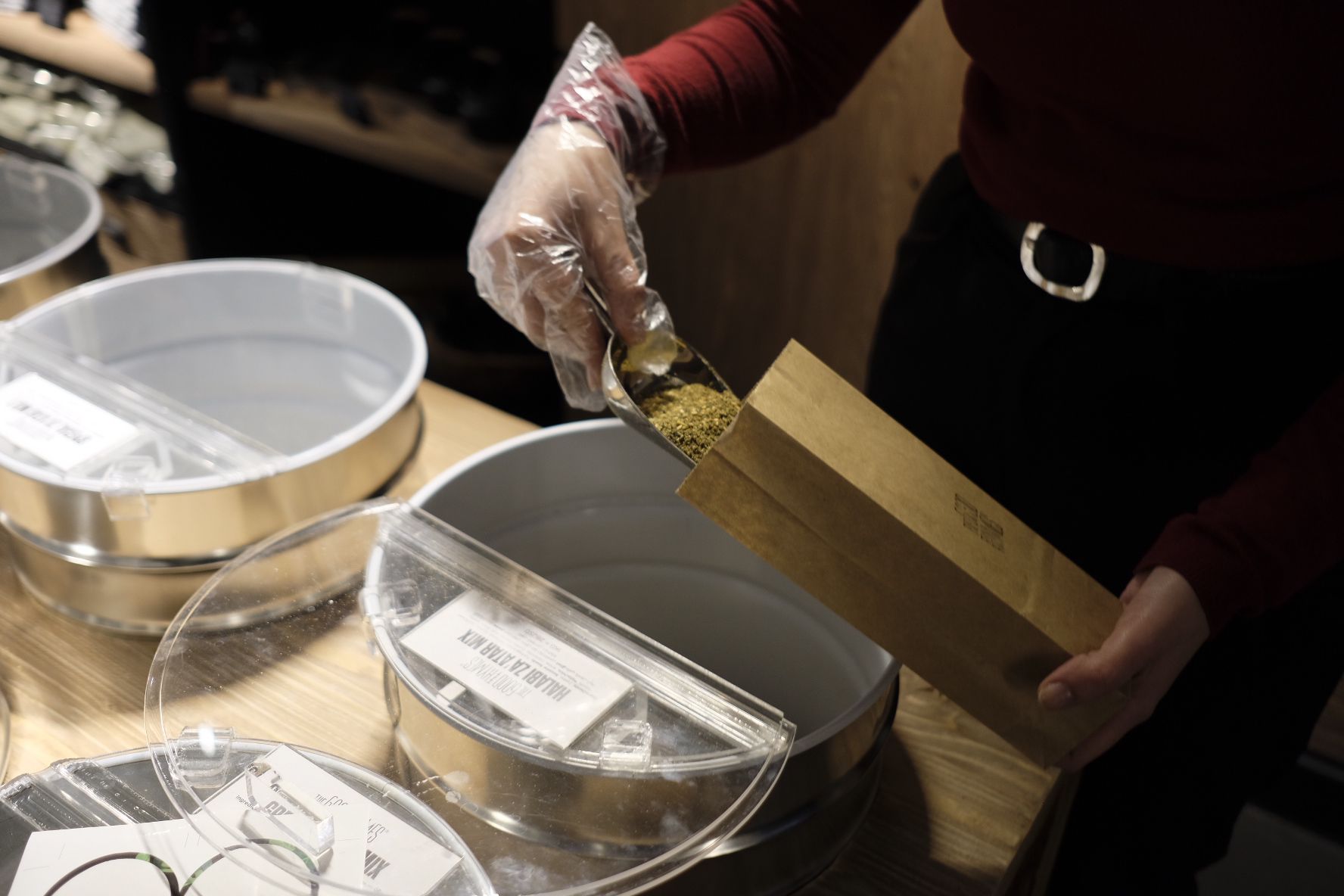
Mouneh, natural wine, spices… From supermarkets to farm stalls, local products are taking root. A lasting phenomenon? Meet the key players driving the “Made in Lebanon” movement.
Wines, condiments of all kinds, baskets filled with honey, cakes and jams — stepping into Convivio in Antelias is like immersing yourself in the heart of Lebanese terroir. Since 2019, sisters Mirvat and Karine Sarkis have carefully curated the products they offer in their store. “When the economic crisis started, we decided to sell Lebanese wines. Then we noticed that people appreciated the fact that we sold only local wine. So, we decided to change the whole concept to focus exclusively on Lebanese products, especially since we knew imported goods would become much more expensive than locally made ones,” explains Mirvat.
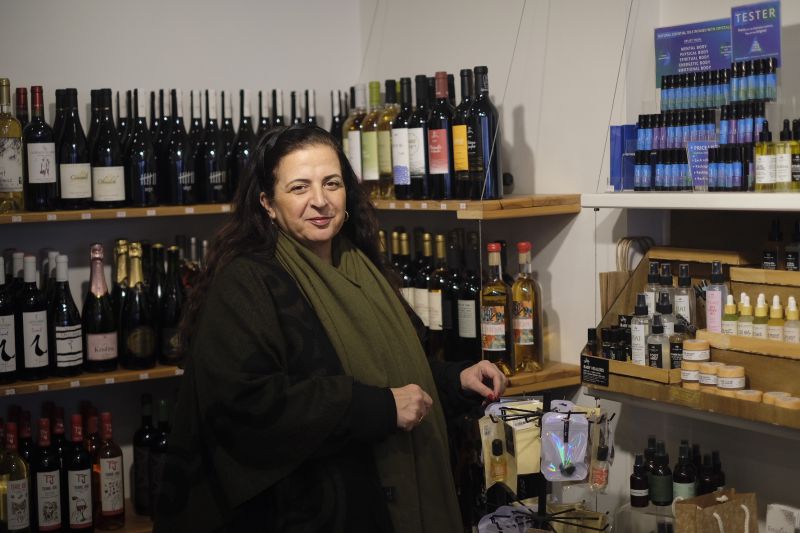
Since the 2019 financial crisis, soaring prices of imported goods have pushed consumers toward more affordable and traceable alternatives, fostering a more diverse and modern local production. “Convivio's mission is to support local, small, artisanal producers, especially small SMEs. We aim to help build a more resilient economy that can stand on its own.” Beyond economic considerations, the demand for local goods reflects a growing consumer expectation: “People want to know the story behind a product, its origins and how it’s made. Transparency is essential to building trust.” This movement is also a cultural and identity-driven shift — producing and consuming local is a way to preserve authenticity and strengthen ties to the land in a country marked by instability. And new local brands are embracing this vision.
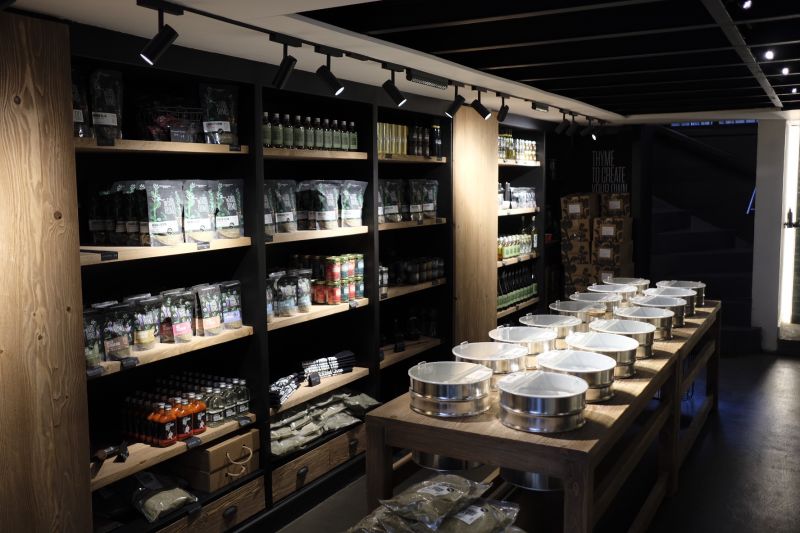
Rather than simply preserving tradition, they are reinventing it to appeal to a new generation. With The Good Thymes, designer-turned-entrepreneur Fadi Aziz set out to modernize traditional zaatar, offering it in innovative forms while staying true to a 100% Lebanese production. "When the crisis hit, entrepreneurs also realized the importance of creating high-quality local products. Instead of just offering the same ‘boring’ traditional items, we started seeing more emphasis on branding, innovation and the creation of new products based on Lebanese ingredients. In my opinion, this played a big role in helping people recognize the quality of our local products.” With a sleek brand image and a targeted approach, he has successfully positioned zaatar as a “cool,” high-end product with international appeal — without compromising its deeply Lebanese essence. "But in the end, it’s not just about selling a good — it’s about educating people on the value of what they’re consuming and where it comes from,” he says.
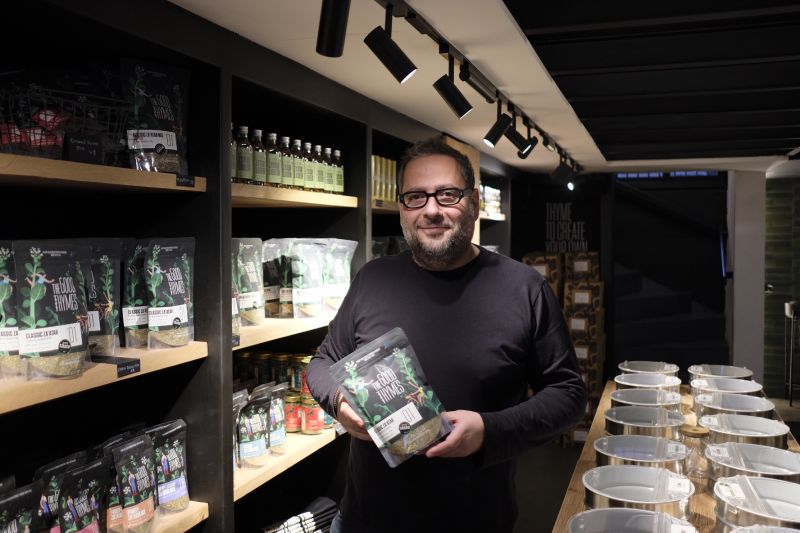
Indeed, these new local brands often sell more than just a product. Launched by a generation attuned to both local and global challenges, the rise of "Made in Lebanon" also addresses contemporary concerns, including inclusivity and environmental responsibility. "We want to make sure our production respects the ecosystem and supports the local community, including those who might otherwise be overlooked" explains Claudine Lteif. In 2022, she co-founded Heya Wines (Arabic for “She”) with her friend Michelle Chami. The all-female collective produces natural wines — made without added sulfites during fermentation.
At the heart of their project is female empowerment in a historically male-dominated industry, where women are often underpaid. “We wanted to create a product that carries a message of empowerment. We don’t just want people to drink our wine; we want them to understand the story behind it.” The bottles' labels feature the faces of the Syrian refugee women who have become part of their family, while the wine inside is 100% artisanal. “We do everything from scratch, we harvest, we press, we crush, we bottle, we ferment, we label by hand. We box everything. Everything is very commercial nowadays. But natural wine is different. It's authentic. We put our soul in it. And that makes a difference for the consumer.” Claudine also highlights that their methods are more environmentally friendly.

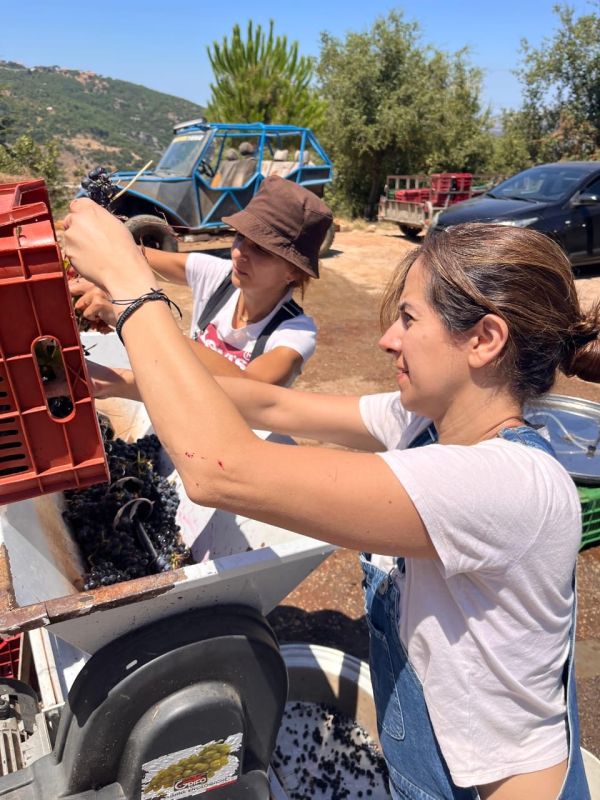
Sustainability is also at the core of Beit Mouné. Sourcing products from farmers across Lebanon, the brand is committed to eco-conscious production. “Our goal is not just about taste; we want to ensure that every step of production respects the environment and supports local farmers,” says manager Tarek Merhem. Striking a balance between supporting farmers and keeping prices affordable is a challenge, but for him, it’s essential. “Our products are 20 to 30% cheaper than foreign brands. For the local market to thrive, we must ensure the products are accessible to everyone — not just an elite few.”
By addressing economic, social and environmental issues, these pioneering brands are leading a local revolution, embodying a renewed “Made in Lebanon” movement that is growing and flourishing within a global trend. Beyond the country’s ongoing crises, they are reshaping consumer habits, blending tradition with modernity, and innovation with heritage.

Comments